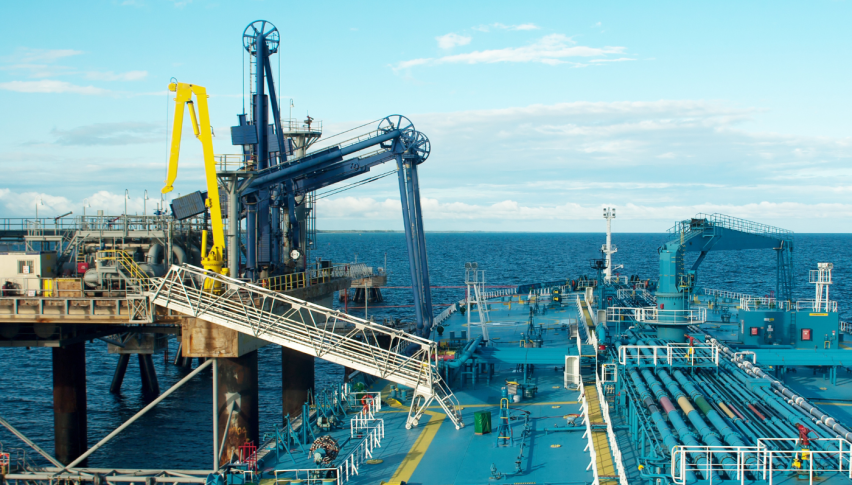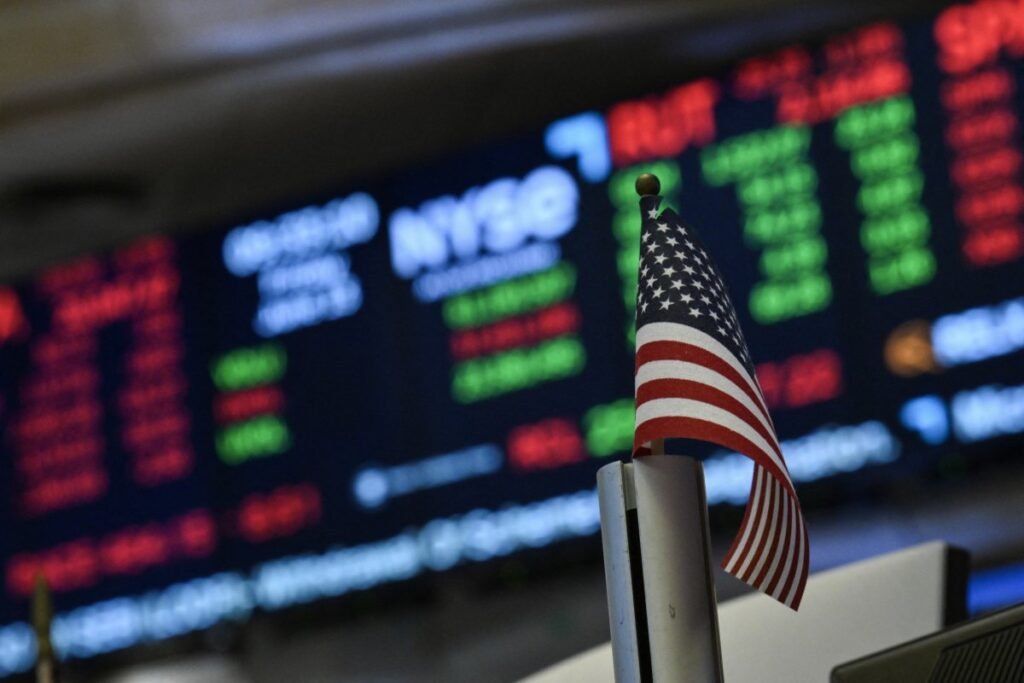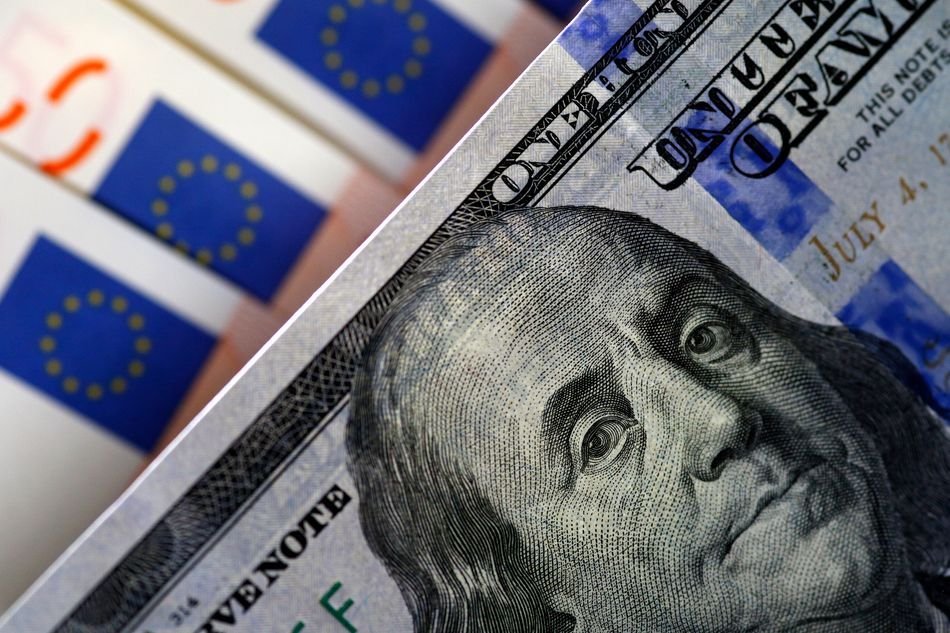Business reporter, BBC News

 Getty Images
Getty ImagesIsrael’s strikes on Iran, and Iran’s response, caused a shudder on global financial markets on Friday.
The price of oil surged in particular, up 7% by mid-afternoon on Friday.
That has prompted worries that we could be facing another period of sharply higher energy prices, leading to a bout of higher prices for everything from petrol and food to holidays.
That is what happened after Russia invaded Ukraine three years ago, affecting people’s lives around the globe.
How much have oil prices risen?
The attacks prompted an instant reaction on the markets.
Brent Crude – the main international benchmark – rose more than 10% before falling back to around $75 a barrel.
The price of oil rises and falls all the time in response to big geopolitical events, and the state of the global economy, so it is not a surprise to see oil prices reacting to the attacks.
However, the Brent crude price is still about 10% lower than a year earlier.
It is also well below the peaks seen in 2022 following Russia’s invasion of Ukraine, when it spiked to nearly $130.
So will petrol and other prices go up?
When the wholesale oil price goes up, many people notice it first when it leads to higher petrol prices.
But more expensive energy also feeds through to higher prices for almost everything, from farming to manufacturing.
When it comes to food, higher energy costs can lead to higher prices on the shelf in many ways. It can make it more expensive to run farm machinery, to transport produce, and to process and package food.
However, that will only happen if energy prices stay high for a sustained period.
Even with petrol and diesel, rising crude prices only have a limited impact.
“A rough rule of thumb is a $10 rise in the oil price would add about 7p to the price at the pump,” says David Oxley at Capital Economics.
However, this is not just an oil story, he cautions.
Many will remember the shock to prices that followed the beginning of the Ukraine conflict. That was in large part a response to higher gas prices, Mr Oxley says.
Many of us heat our homes with gas, and in the UK electricity prices are also set in relation to the gas price.
Gas prices have also risen after Thursday night’s attacks. But the impact will feed through to households only slowly, if at all, says Mr Oxley, given the way the market works, including the role of the regulator, in capping prices.
Could oil prices rise higher?
The current situation is “very significant and concerning” says Richard Bronze head of geopolitics, global market consultancy, research firm, Energy Aspects.
But that doesn’t mean it will turn out to have as big an impact as the Ukraine conflict, or even previous troubles in the Middle East.
The main questions are how long Israel and Iran remain locked in this conflict, whether other countries in the region are drawn in, and whether the US steps in to de-escalate the situation.
Above all it depends on whether we see actual disruption to shipping in the Strait of Hormuz, the waterway off Iran’s southern coast, which is the route to global markets for about a fifth of the world’s oil production.
“It’s a narrow choke point so it is a significant weak spot for global oil markets,” says Mr Bronze.
That remains an unlikely scenario, but Iran has threatened it in the past and it is now marginally more likely than it was 24 hours ago. And that outside risk is part of what is driving up prices, he says.
Without interruption to shipping, oil prices are not likely to stay high.
In 2022, following Russia’s invasion of Ukraine, there was growing demand for energy as the global economy reopened after Covid.
Now the global economy is facing tougher times, and oil producers from Saudi Arabia to Brazil have the capacity to increase oil supply which would help lower prices.
What does it mean for the global economy?
The scale of any energy price rises, and the wider impact, will depend on the magnitude of what comes next in the conflict between Israel and Iran.
But it does have the potential to be “a bad shock for the global economy at a bad time” says Mohammed El-Erian, chief economic adviser at asset manager Allianz.
“Whichever way you look at it, it’s negative short-term, it’s negative longer-term.
“It’s another shock to the stability of the US-led global economic order at a time when there were already a lot of questions.”
Capital Economics calculates that if oil prices were to return to over $100 a barrel that could add 1% to inflation in advanced economies, making life difficult for central banks hoping to bring down interest rates.
But that’s not the most likely scenario in David Oxley’s view.
“Instability in the Middle East is nothing new, we’ve seen numerous bouts of it,” he says. “In a week’s time it might have all blown over.”





